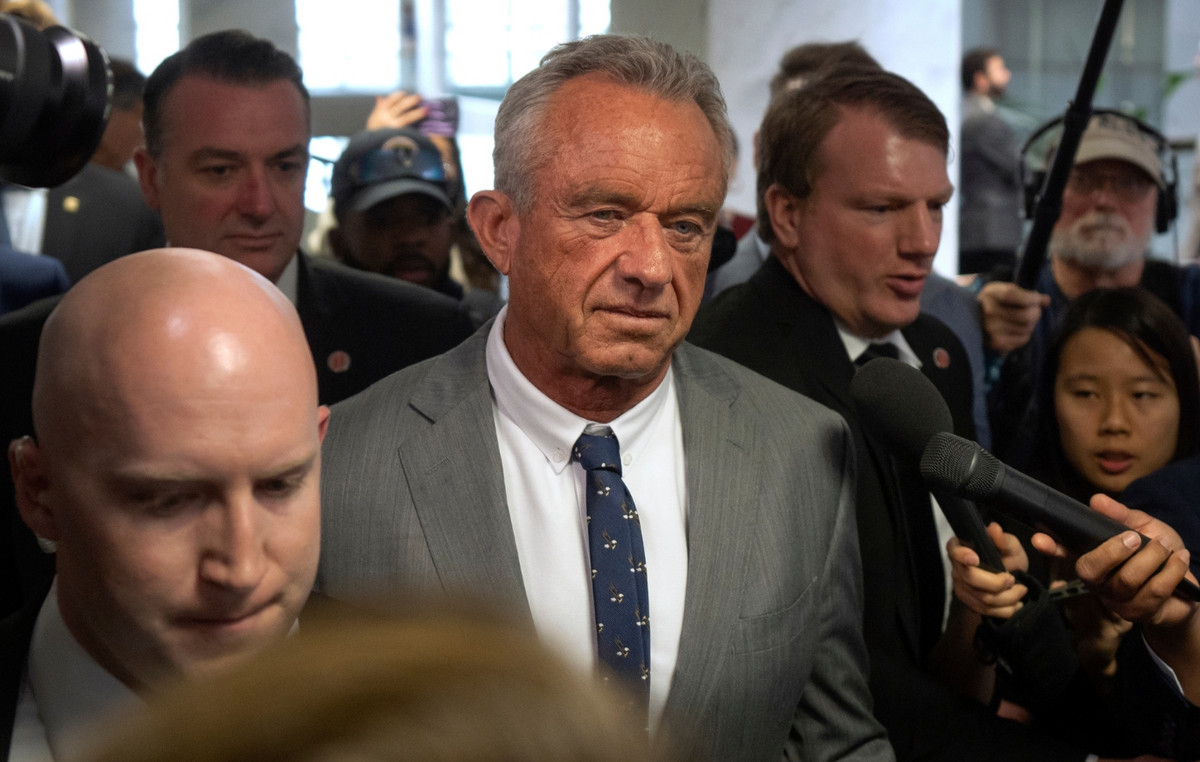The US State Department announced on Tuesday that the American and Russian delegations will meet for the second time in Istanbul on April 10 to discuss “exclusively” the stabilization of embassies bilateral operations.
At a daily press conference, State Department spokeswoman Tammy Bruce said the discussions will not include any political or security issues.
“Ukraine is not, absolutely not on the agenda,” said Bruce.
“These conversations are focused exclusively on the operations of our embassy, not the normalization of a bilateral relationship in general, which can only happen, as we observed, when there is peace between Russia and Ukraine,” he added.
A diplomatic source said earlier that conversations should take place at the Russian consulate in Istanbul.
In February, Russian and American teams gathered in Istanbul to try to restore the normal operation of their embassies. Strictly concentrated in the conditions for the diplomats of each country, the discussions provided an initial test of the ability of both restoring broader relationships.
Russia and the United States expelled diplomats and limited the appointment of new employees in their missions in retaliation in the last decade, leaving their embassies with few employees.
Earlier on Tuesday, Russian state news agency Tass reported that Russian and US delegations would meet for consultations in Istanbul in the coming days, citing the Russian Ministry of Foreign Affairs.
American and Russian authorities also met in February in the Saudi capital, Riyadh, to discuss how to end the war in Ukraine, part of a broader rapprochement with Moscow sought by the new Trump government.
This content was originally published in Russia and USA hold a new round of consultations in Istanbul on April 10 on CNN Brazil.
Source: CNN Brasil
Bruce Belcher is a seasoned author with over 5 years of experience in world news. He writes for online news websites and provides in-depth analysis on the world stock market. Bruce is known for his insightful perspectives and commitment to keeping the public informed.







